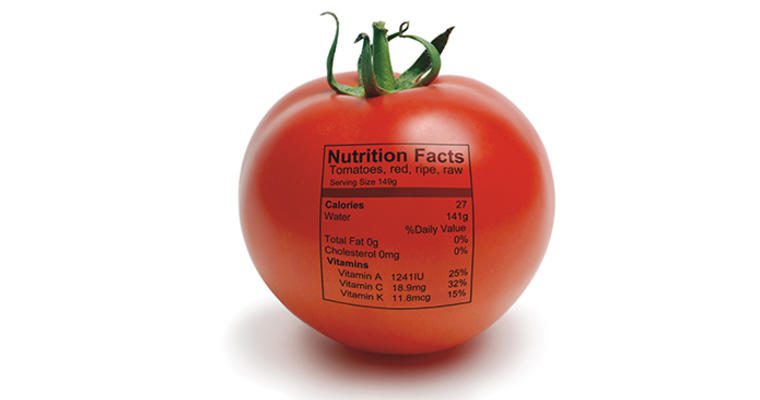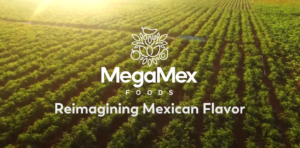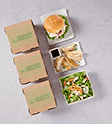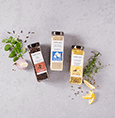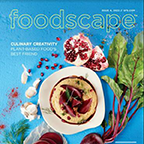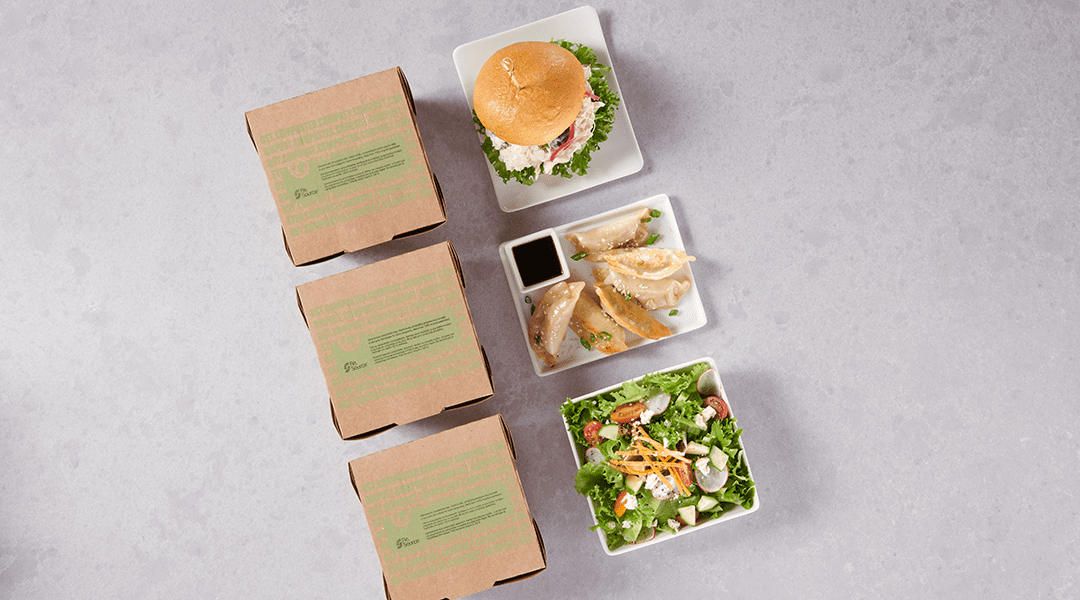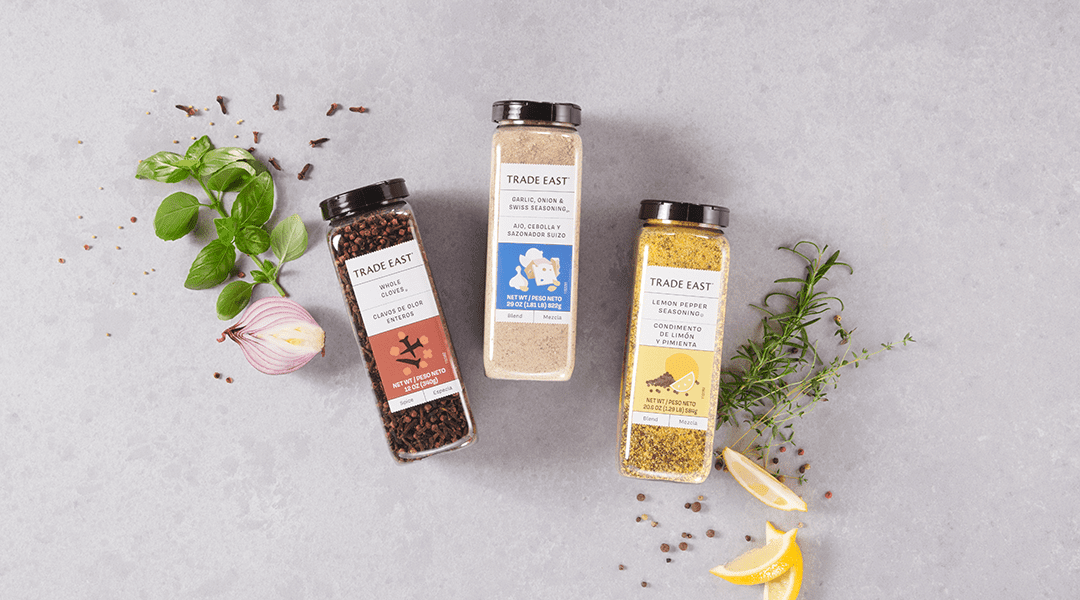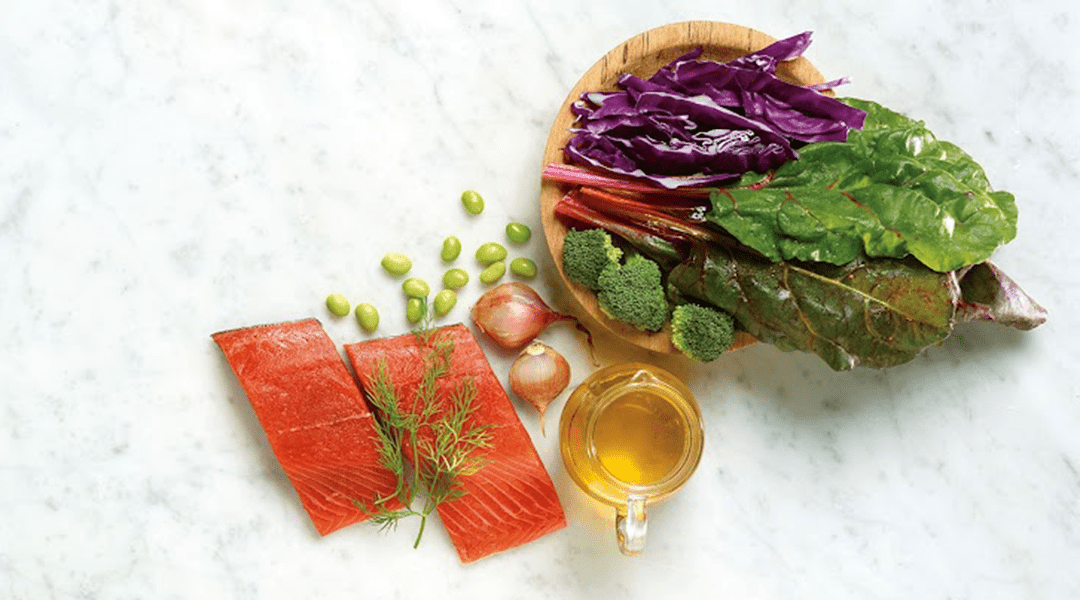You may be getting questions and requests from students about product transparency. Some students want to know more about the foods they eat. These questions range from asking about health benefits to understanding product labels.
As a response to student demand, a number of universities are committing to the Real Food Challenge, which calls for buying 20 percent “real food” by 2020. The definition of “real food” is mutli-faceted, but the program calls for buying food that “nourishes producers, consumers, communities and the earth.”
Manufacturers also are getting involved, making an effort to highlight product characteristics. Gordon Food Service recognizes this need for transparency as well with our Clear Choice Program. Clear Choice highlights cleaner ingredients, responsibly sourced and sustainable products. The products are organized into six categories and can be found in Online Ordering by filtering by those categories.
If students are asking about label claims, giving them a clear answer is always best. Here’s an overview of the most common ones.
Organic
Organic refers to products that avoid most synthetic materials, such as pesticides and antibiotics. Organic farms and processors:
- Preserve natural resources and biodiversity
- Support animal health and welfare
- Provide access to the outdoors so animals can exercise
- Use only approved materials and do not use genetically modified ingredients
To use the United States Department of Agriculture (USDA) Organic seal, producers must undergo annual onsite inspections and grow and store organic food separately. Products with the USDA Organic stamp must be at least 95 percent organic.
Non-GMO and Bioengineered
Genetically modified organisms (GMOs) are any ingredient whose genetic makeup has been altered. Sometimes crops are genetically modified to reduce their susceptibility to crop damage. In May, the USDA proposed several labels for GMO products using the term “bioengineered” or “BE.” It defines this as “a food (A) that contains genetic material that has been modified through in vitro recombinant deoxyribonucleic acid (DNA) techniques; and (B) for which the modification could not otherwise be obtained through conventional breeding or found in nature.”
No Antibiotics and No Hormones
The Food and Drug Administration permits labeling products with “no antibiotics” if there is sufficient documentation. As defined by the USDA’s Food Safety and Inspection Services (FSIS), the term “no antibiotics added” may be used on meat or poultry if documentation is provided to show the animals were raised without antibiotics.
No hormones only applies to beef. By law, hormones cannot be used on poultry products. If beef is labeled this way, it should be consistent with the FSIS requirements, with documentation show no hormones were used in raising the animals.
Sustainable seafood
Students care about protecting and restoring marine environments. These certifications represent indicators of fish and seafood harvested or farmed using sustainable management practices, which are worth noting.
- Aquaculture Stewardship Council (ASC)
- Best Aquaculture Practices (BAP)
- Marine Stewardship Council (MSC)
- Monterey Bay Aquarium Seafood Watch
Also worth noting is that Gordon Food Service has earned Chain of Custody Certification from the MSC and ASC. This certification ensures traceability of seafood back to the source and sustainable harvesting and farming.
Clean label
There is no industry definition for clean label, so if you see products labeled as “clean” then it’s important to dig deeper and find out how the manufacturer or supplier defines “clean.”
If your school is considering calling out “clean” menu items or plans to use any other label claims, it’s important to clearly communicate what they mean to students and staff. Doing so will emphasize your commitment to transparency and could boost sales.
